Best Foods for Low Hemoglobin | Boost Iron Levels Naturally
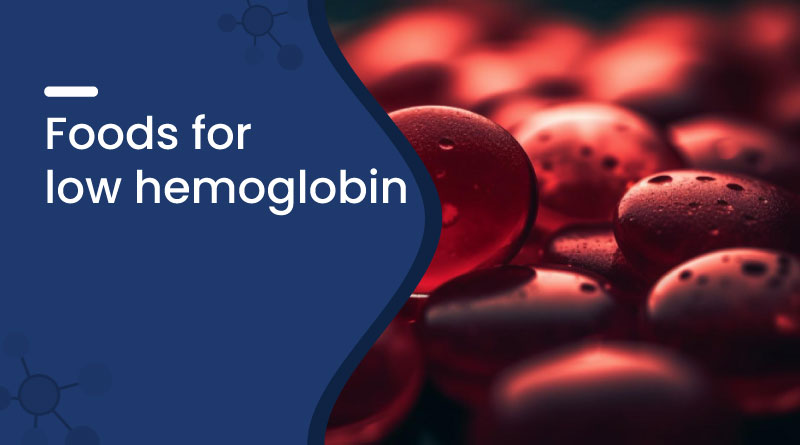

Hemoglobin is crucial for transporting oxygen throughout the blood. Low levels can cause fatigue, weakness, and other health issues. It may result from a poor diet, chronic illness, or blood loss. Thankfully, it can be managed through iron-rich foods, supplements, and medical treatments, such as iron therapy or transfusions. This blog explores the best dietary solutions.
What is Hemoglobin and Why is It Important?
Hemoglobin picks up oxygen in the lungs and transports it to the body’s tissues and organs. It also helps transport carbon dioxide from the body’s tissues to the lungs, where it is exhaled. Without sufficient hemoglobin, the body struggles to maintain energy levels and organ function, leading to noticeable physical and mental fatigue.
Early signs may be mild, but as levels continue to drop, symptoms may include:
- Persistent tiredness or weakness
- Pale or yellowish skin
- Shortness of breath
- Dizziness or lightheadedness
- Brittle nails or hair loss
Risks of Very Low Hemoglobin
If not addressed, severely low hemoglobin levels can result in:
- Organ damage: Due to oxygen deprivation
- Heart complications: Including irregular heartbeat or heart failure
- Pregnancy complications: May include premature birth, low birth weight, and reduced oxygen supply to the baby
- Weakened immune system: Increases the risk of infections by reducing the body’s ability to fight off pathogens
Best Foods to Increase Hemoglobin Naturally
Including iron-rich foods in your diet, along with nutrients that aid in iron absorption, can effectively raise hemoglobin levels. Here are the top categories:
1. Iron-Rich Foods
- Heme Iron (easily absorbed): Red meat, liver, poultry, and fish
- Non-Heme Iron (plant-based): Spinach, lentils, tofu, pumpkin seeds, and chickpeas
- Fortified cereals and grains
Also read - Best foods for Iron Deficiency
2. Vitamin C-Rich Foods (Enhances iron absorption)
- Citrus fruits (oranges, lemons)
- Strawberries
- Tomatoes
- Bell peppers
3. Folate-Rich Foods
- Leafy greens (spinach, kale)
- Avocados
- Beans and peas
- Brussels sprouts
4. Vitamin B12 Sources
- Eggs
- Dairy products
- Fortified cereals
- Fish and shellfish
5. Iron-Boosting Snacks
- Dried fruits like raisins, apricots, and prunes
- Nuts and seeds like almonds and sunflower seeds
Home Remedies That Can Improve Hemoglobin
Several time-tested natural remedies exist to support healthy hemoglobin levels. These can complement a balanced diet:
- Jaggery with Sesame Seeds: A traditional snack combining iron-rich jaggery (gur) with black sesame (til) helps boost hemoglobin naturally.
- Dates and Dry Fruits Mix: A handful of soaked dates, raisins, and figs daily can provide a good dose of iron, copper, and antioxidants.
- Beetroot and Carrot Juice: A mix of beetroot and carrot juice improves iron levels and supports red blood cell production.
- Moringa (Drumstick) Leaves: Rich in iron and vitamins, moringa leaves can be added to curries or consumed as a powder mixed with warm water.
- Amla and Honey: Amla (Indian gooseberry) is packed with a significant amount of vitamin C. Taking 1 tsp of Amla juice with honey helps enhance iron absorption.
- Copper-Charged Water: Storing water in a copper vessel overnight and drinking it in the morning is believed to support blood health in Ayurveda.
Foods That May Decrease Hemoglobin
- Calcium-rich foods with iron meals: Dairy can interfere with iron absorption.
- Tea and coffee: Tannins inhibit iron uptake when consumed with meals.
- High-phytate foods: Raw bran and some grains may reduce mineral absorption.
- Alcohol: Affects nutrient absorption and blood health.
Other Treatments for Low Hemoglobin
While diet plays a key role, it may not be enough for everyone, especially in moderate to severe cases. Doctors may recommend:
- Iron supplements (oral or intravenous)
- Vitamin B12 and folic acid supplements
- Erythropoietin injections (to stimulate red blood cell production)
- Blood transfusions (for critically low levels)
Lifestyle Tips to Support Healthy Hemoglobin Levels
- Eat iron-rich foods with vitamin C for better absorption.
- Exercise moderately to stimulate blood production.
- Get routine blood tests to monitor levels.
- Avoid overuse of antacids that interfere with nutrient absorption.
- Stay hydrated to support circulation.
Conclusion
Low hemoglobin can lead to serious health concerns if not addressed on time. However, by making simple changes in diet and lifestyle, you can naturally boost your hemoglobin levels and enhance your overall well-being. Remember to pair iron-rich foods with supportive nutrients and avoid habits that hinder absorption. Always consult a healthcare provider for personalized advice and treatment.
Frequently Asked Questions (FAQs)
Q. What is the normal hemoglobin level in adult females?
A. For women, the typical hemoglobin range is between 12.0 and 15.5 grams per deciliter (g/dL).
Q. Can low hemoglobin levels cause hair fall?
A. Yes, low hemoglobin can cause iron deficiency anemia, which can lead to thinning hair or hair loss.
Q. Which foods help boost hemoglobin levels?
A. To increase hemoglobin, eat iron and vitamin C-rich foods like spinach, pumpkin, fish, citrus fruits, avocados, etc.
Q. Are vegetarians more prone to low hemoglobin?
A. They can be, due to lower intake of heme iron, but balanced vegetarian diets with fortified foods can prevent anemia.
Iron with Vitamin B12, Folic Acid & Lysi...

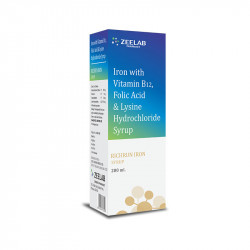

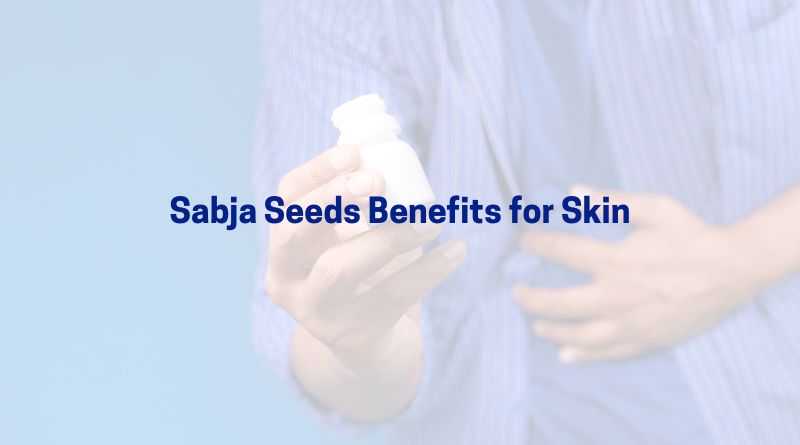
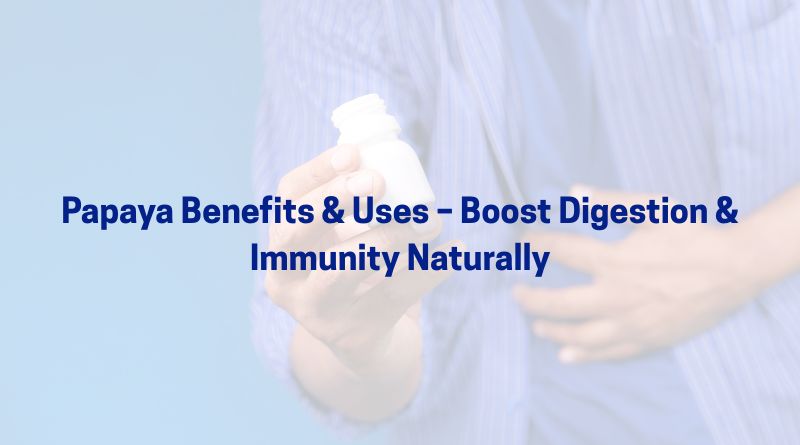

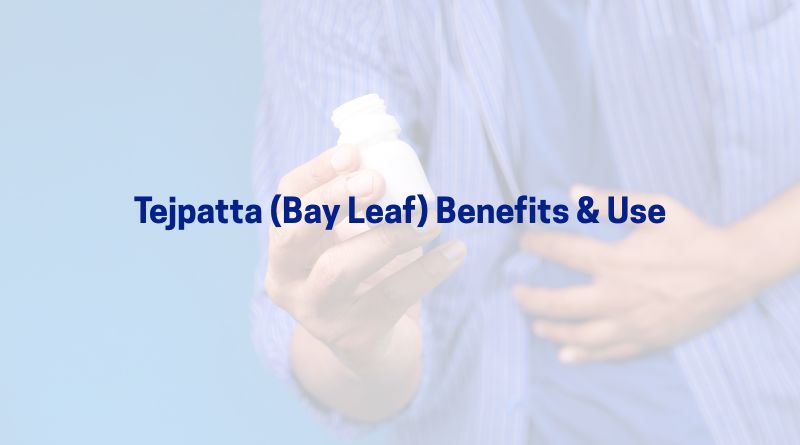
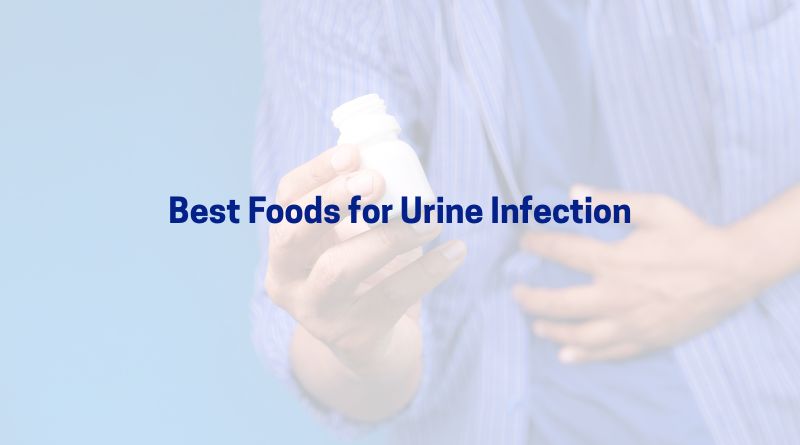

 Added!
Added!